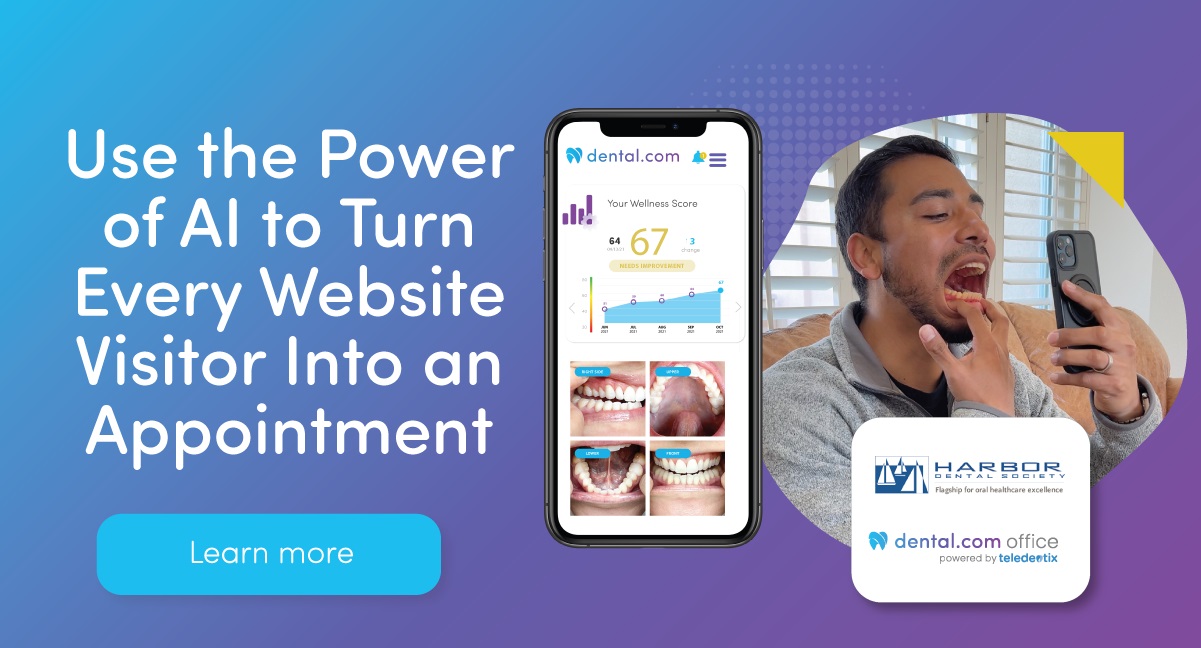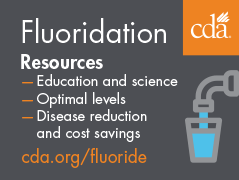Monday, Jan 13, 2020
Start your new year stress-free by attending Harbor and Orange County Dental Societies’ Smart Start Dental course Friday, Feb. 7, 2020 from 8am to 2pm at the Old Ranch Country Club in Seal Beach with a special focus on the 2020 Tax and Employment Laws to keep your practice in compliance and out of trouble and reduce the stress of being a practice owner. Hear from the noted experts – Dental CPA Art Wiederman and Employment Law Attorney Anita York.
A Continental breakfast and lunch will be served.
Register today for $20 (Harbor/OCDS members) and $49 for non-Harbor/OCDS members. Limited seating. First Come, First Served.
Registration link: https://harbordentalsociety.org/continuingeducation/course/106
HR audits help practices comply with laws, but can also offer peace of mind
Reprinted with permission from California Dental Association
Auditing your human resources systems and records is the way to also start your new year on the right foot. To diminish the possibility of legal issues and to ensure that your practice seeks to comply with labor and employment laws, it is important to perform an HR audit. An audit can include the following.
Timekeeping
Accurate timekeeping is one of the most crucial aspects of a successful business. State and federal laws require that employers maintain an accurate record of their nonexempt employees’ work hours and compensation on file for at least four years.
Review your employees’ time periodically during the year to ensure that they are accurately recording the start and end of their meal periods. Time records should reflect that the meal period was provided to your employee no later than four hours and 59 minutes into a nonexempt employee's workday. As a best practice, employers should review meal and rest break policies and discuss any barriers to employees taking compliant breaks.
California employers can round employee timecard entries up to the nearest quarter of an hour. Employers who use rounding practices should audit the practices to ensure that they are neutral, clear and evident, meaning that, over time, they don’t favor either the employer or the employee. Employers will want to confirm that the rounding practices don’t fail to compensate employees properly.
Timekeeping practices must also capture overtime, “off the clock” or “de minimis” time. Employees who routinely work off the clock generally must be paid for their off-the-clock work. This situation might occur when an employee arrives ahead of scheduled work hours to open the office, prepare for patients, review records or participate in a morning huddle. At the end of the day, the employee might stay past scheduled work hours to handle closing tasks. Employees should be paid for all hours worked, not just scheduled time; if employees are currently performing off-the-clock work, employers should be paying their employees for this time.
Wage statements
California law contains very specific requirements for the information employers must put on employees’ wage statements and imposes financial penalties on employers who don’t follow those requirements.
Employers must know the legal requirements for compliantvar switchTo5x=true;







